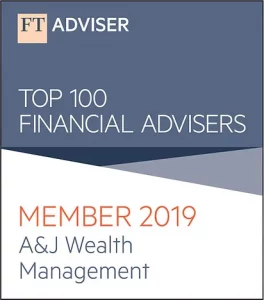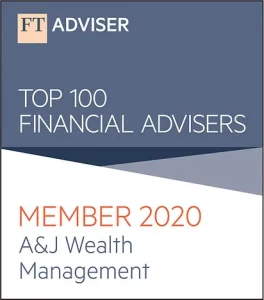Property
Property
Lots of people own houses – and we therefore think we know all about property.
Some of us rent houses – and seeing their value go up without being able to benefit is the thing that drives us to want to buy.
We’ve seen our parents/friends/colleagues all appear to make huge amounts from flats bought when they were just starting out. And their position on the housing ladder has not only sorted out their living accommodation but will ultimately sort out much of their wealth and retirement plans as well.
Investing in property is a great diversifier and has a place in most people’s portfolio.
The main benefit is the income it provides – rental income that will usually be above the rate being paid by a deposit account or corporate bonds. The combination of this and the capital growth potential means it can be an attractive investment proposition.
In fact, you will rarely find a multi-asset investment fund (or privately managed portfolio) that doesn’t use property as an alternative investment on at least some level.
However, investing in property is quite different from buying your home. There are downsides.
First, you need a large amount of money.
The reason we all have mortgages is because we can rarely afford to buy houses outright. The idea that you then invest in a second house – as a Buy to let – requires yet another significant deposit. Multiply that up to commercial property and you need a sizeable investment before you can start reaping the benefits from even a single building.
Second, trading in property is costly. Surveyors, taxes, agency fees. Maintenance, upkeep & repair. Its not just the price of the building you need to raise, its the price of the people involved in the purchase (or sale) and additional taxes due on the price. And – the part which most people forget – you need the ability to pay the bills when you don’t have a tenant; even when you’re receive no rental income, the rates (and any loans) still need to be paid.
Third, when you want to get your money back, it takes a while. In a boom, some properties may receive bids very quickly – but there are still legal hurdles to go through. You won’t see the money for several weeks. In a falling or flat market, not only does the process take longer all round, you may actually have to accept a lower price than the valuation if you really need to get rid of it.
Please Note:
Past performance is no guide to the future. The value of investments can go down as well as up and you may get back less than you invested.
When investing internationally changes in currency exchange rates may affect the value of an investment. Smaller companies and emerging markets carry higher level of risk than larger, more established companies and markets. Consequently, the suitability of any particular stock market investment depends on your personal circumstances and your attitude to risk.
Get In Touch
Leave us a message
A&J Wealth Management Ltd
Sawfords
Bigfrith Lane
Cookham Dean
Berkshire
SL6 9PH
01628 480200
enquiry@ajwealth-management.com
Phone:
01628 480 200
Email:
enquiry@ajwealth-management.com
Address:
Sawfords,
Bigfrith Lane,
Cookham Dean,
Berkshire,
SL6 9PH
© 2024 A&J WEALTH MANAGEMENT LTD A&J Wealth Management Ltd is authorised and regulated by the Financial Conduct Authority. Financial Services Register, no 428590, at www.fca.org.uk/register Registered in England, Company no: 5105933. Registered Head Office: Sawfords, Bigfrith Lane, Cookham Dean, Maidenhead, Berkshire SL6 9PH






